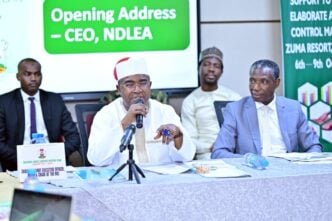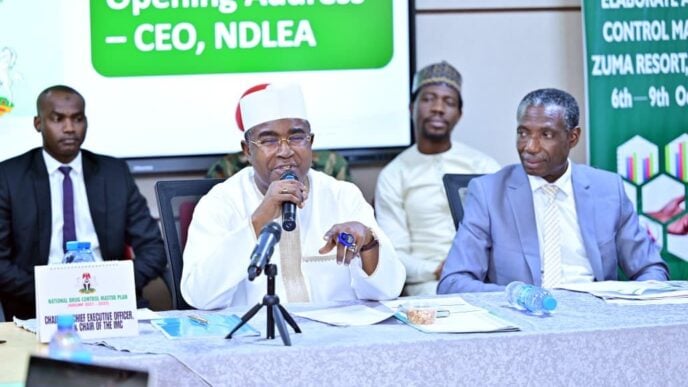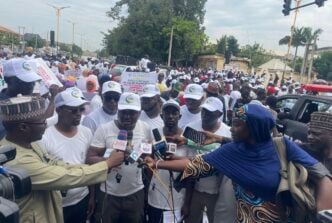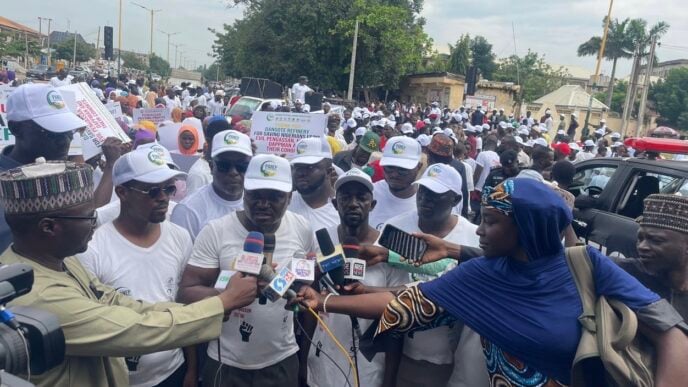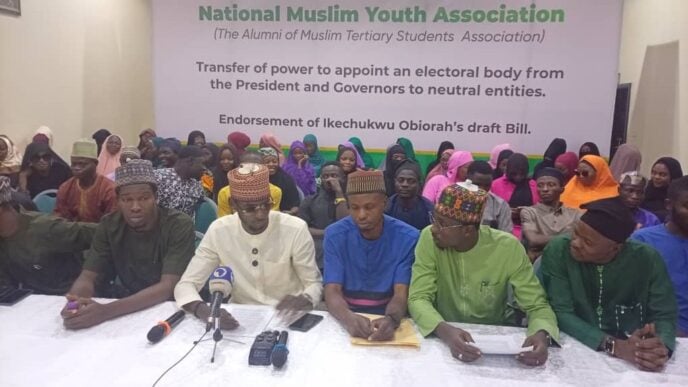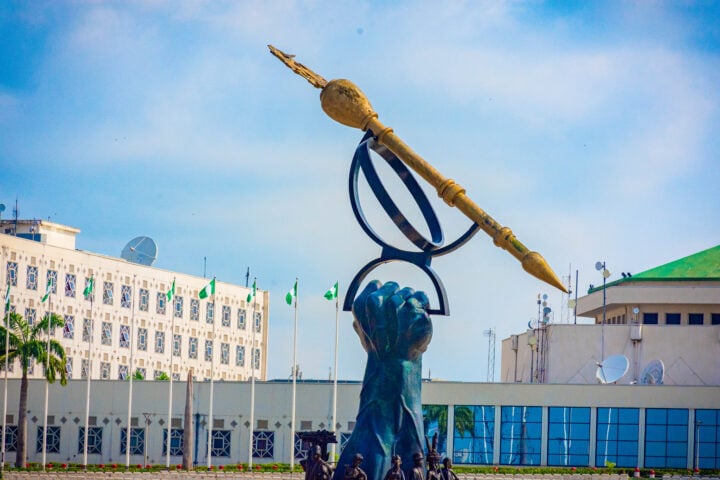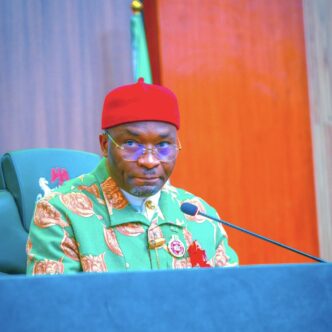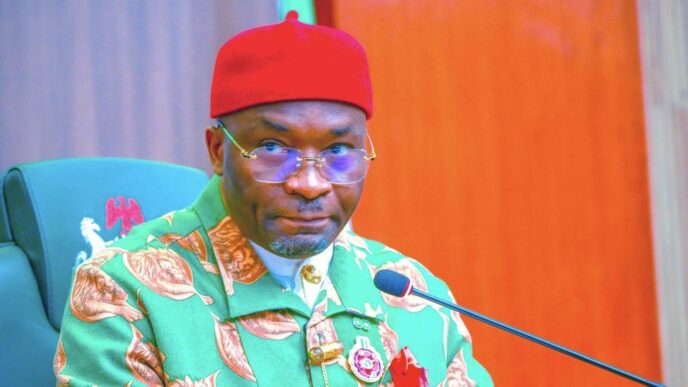The Teacher Registration Council of Nigeria (TRCN) says it is working to bridge the country’s shortfall of over 194,000 teachers through fast-tracked training and professional certification.
Ronke Soyombo, registrar of the TRCN, said the council has introduced reforms to ensure that more qualified teachers enter the classroom without compromising standards.
In commemoration of this year’s World Teachers’ Day, Soyombo spoke on Monday on a Channels TV news show, The Morning Brief.
She said the TRCN has redesigned the professional diploma in education (PDE) to accelerate the certification of graduates from other disciplines who are already teaching.
Advertisement
“We have shortened the professional diploma in education from one year to six months so that unqualified but experienced teachers can quickly acquire the required professional credentials,” she said.
Soyombo said the council has adopted a stopgap solution for capacity building by targeting people who have degrees in other fields but want to transition into teaching.
“Many people have the passion to teach but do not have the pedagogy or professional certification. The PDE allows them to gain that quickly, and once they pass our qualifying exams, they can be fully licensed,” she added
Advertisement
The registrar noted that TRCN’s professional qualifying examination (PQE) now tests teachers in literacy, numeracy, digital literacy, pedagogy, and safeguarding.
These subjects, according to her, are essential skills needed in modern classrooms.
“Every teacher must have a basic understanding of maths and English to teach effectively,” she said.
“We have also created an online resource portal to help teachers prepare for these exams and improve classroom delivery.”
Advertisement
She said that TRCN is also promoting a “teachers supporting teachers” model, where experienced educators mentor their colleagues by developing and sharing lesson plans.
Shoyombo stated that poor pay remains a major deterrent to attracting and retaining qualified personnel.
“Some private school teachers still earn as low as ₦20,000 to ₦25,000 monthly,” she said.
“We must raise the profile and morale of teachers if we truly want to build human capital. A lot of states pay well, but many others still lag.”
Advertisement
She called on state governments to prioritise education and make full use of the Universal Basic Education Commission (UBEC) grants available for improving teaching and learning infrastructure.
“Some states underutilise UBEC funds because they fail to provide the counterpart funding required,” she said.
Advertisement
“But we have good examples like Enugu state that have used the funds effectively to build smart city schools equipped with interactive whiteboards.”
Shoyombo urged the federal and state governments to move beyond rhetoric and take decisive steps toward improving teacher welfare and professional growth.
Advertisement
“Teachers are builders of the nation’s human capital. We must move from merely celebrating them once a year to actually investing in them if we want sustainable development,” she added.
Advertisement


